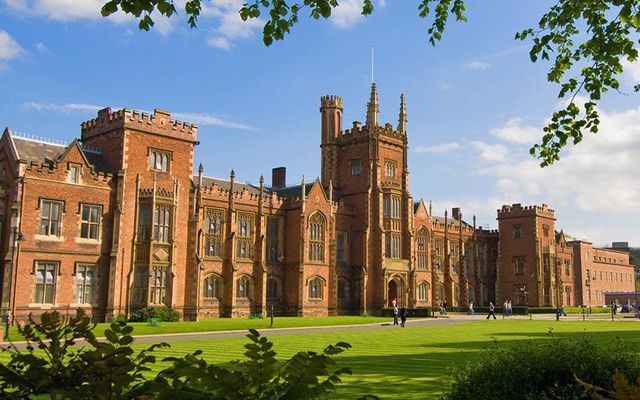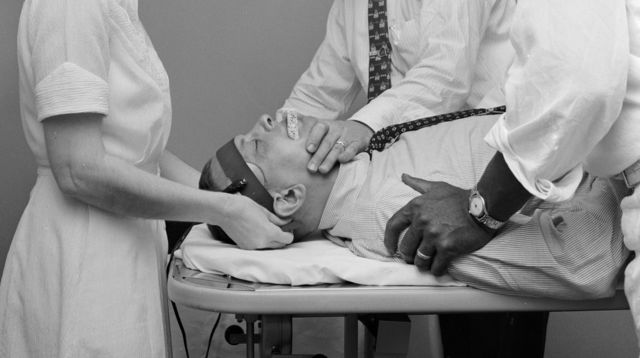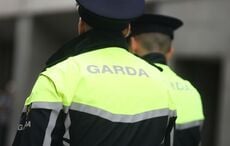A former patient at Queen’s University in Belfast (QUB) has shared how he endured electroshock therapy in the 1960s for being gay.
In a story for The Belfast Telegraph, the man, given the pseudonym “John,” says that while a student at QUB he was referred to the school’s Department of Mental Health, where he underwent electrical aversion therapy.
"When I was about 15, I realized I am one of these people who are homosexuals and who are reviled really by the society I grew up in, so it was a big shock to me,” said John, who grew up in a rural Northern Ireland town in the 1950s.
Read More: Gay Irish American assaulted by pastor and mob trying to "pray the gay away"
"I felt totally alone."
He initially spoke to his doctor, who arranged counseling for him at a local hospital. When he became a student at Queen’s University, he began the electroshock treatments.
“I was shown a series of what, I suppose, one would regard these days as mildly pornographic images of naked young men,” said John. “I was given gutties [rubber-soled shoes] and these were connected up with electric wires to a voltage and I would receive the shock in my feet.”
“Incidentally, I found this quite horrible because I’m quite sensitive in my feet for some reason and I managed to persuade them instead to give them to my hands,” John added. “So, they then tied something to my hands and they then tied something to each hand and I would get a shock from that.”

Queen's University in Belfast. Credit: QUB
If John felt aroused by the photos, he was supposed to press a button to receive a shock. If he didn’t press the button after 15 to 30 seconds, he would get shocked anyway.
“They would continue giving me a shock until I pressed the button again to say I was no longer experiencing any arousal,” said John.
“Yes, it was painful, it was pretty horrible,” he added. “You would then associate any gay, homosexual feelings with something unpleasant – a conditioned reflex really.”
He was also encouraged to date women while undergoing the therapy.
John quit the program after a couple of years, according to LGBTQ Nation.
“I suppose it is barbaric, what can I say really; I would have done anything to become normal as I saw it,” he said.
“I don’t think I’ve been damaged by it; I haven’t suffered post-traumatic stress – I got over it,” he said.
“Luckily, fairly soon afterwards I did start to meet some gay people and my life changed completely then and since then things have been much better,” he added.
Read More: Dealing with adversity as a gay person in the west of Ireland explored in short doc
A spokesperson for Queen’s University Belfast has expressed regret for the school’s use of aversion therapy, the BBC reports.
"The use of these techniques have for a long time not been supported by Queen's University or the NHS.
"While we cannot change practices of the past, Queen's University is fully committed to creating and sustaining an environment that values diversity and strongly supports its LGBT+ community."




Comments